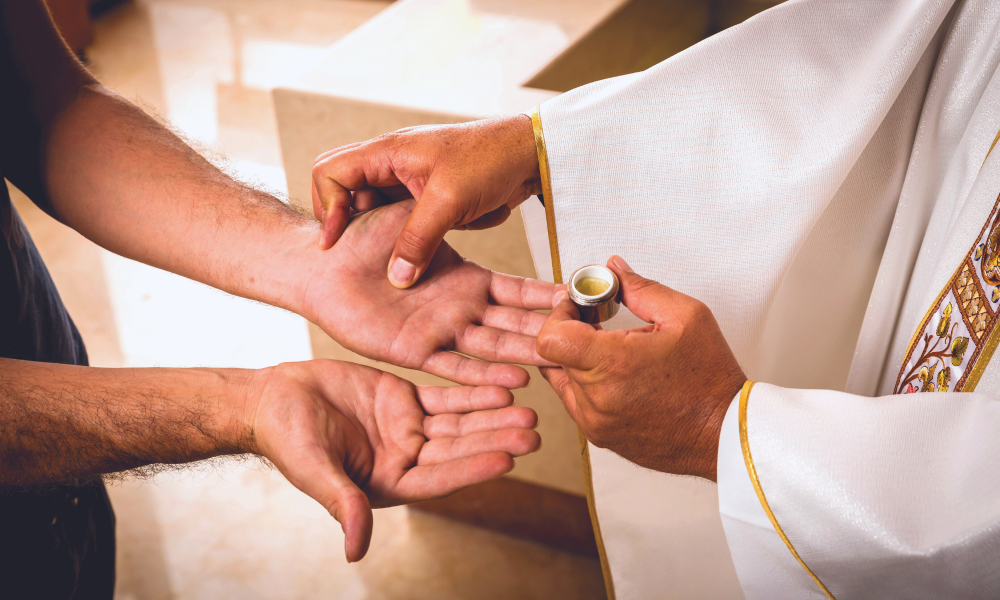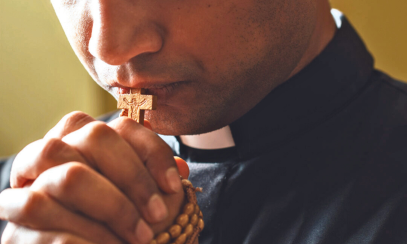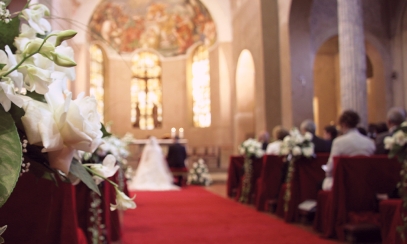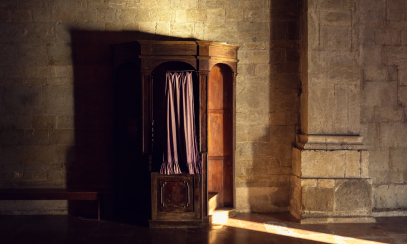
Healing through Christ: The Sacrament of Anointing of the Sick
“The Lord Jesus Christ, physician of our souls and bodies, who forgave the sins of the paralytic and restored him to bodily health, has willed that his Church continue, in the power of the Holy Spirit, his work of healing and salvation, even among her own members.” (Catechism of the Catholic Church 1421) This is why we have anointing of the sick, the sacrament in which those who are ill are anointed to impart spiritual strength and physical healing.
“The Lord Jesus Christ, physician of our souls and bodies, who forgave the sins of the paralytic and restored him to bodily health, has willed that his Church continue, in the power of the Holy Spirit, his work of healing and salvation, even among her own members.” (Catechism of the Catholic Church 1421) This is why we have anointing of the sick, the sacrament in which those who are ill are anointed to impart spiritual strength and physical healing.
This is the sixth post in our series exploring the seven sacraments of the Catholic Church. Check out a brief overview of all seven sacraments here.
Why do Catholics anoint the sick?
Paragraph 1509 of the catechism explains that the Church encourages the anointing of the sick because Christ healed the ill and infirm and charged his Church to do the same. By journeying alongside those who are ill, the Church prays to Christ “the physician of souls and bodies” for his intercession and presence to strengthen the anointed during times of illness, whether undergoing surgery, gravely ill or on the precipice of entering the heavenly banquet.
Who can receive the anointing of the sick?
Those undergoing surgery and “in danger of death from sickness or old age” are the ones who typically receive the anointing of the sick. The elderly experiencing more pronounced frailty may also receive the sacrament. (CCC 1515)
Priests are the only minister of the sacrament of the anointing of the sick. (CCC 1516)
What happens during the anointing of the sick?
When someone receives the anointing of the sick…
- The priest silently lays his hands on the sick and blesses them with the words, “Through this holy anointing may the Lord in his love and mercy help you with the grace of the Holy Spirit. May the Lord, who frees you from sin save you and raise you up.”
- The sick are then anointed with blessed oil.
The anointing of the sick is a liturgical and communal celebration that can be celebrated wherever it is needed – a home, hospital or hospice – and it may also be celebrated in a church for the community. (CCC 1517)
The biblical basis for reconciliation
While the healing of the sick can be found throughout the Gospels, anointing of the sick as the sacrament we know it today is found in James 5:14-15:
“Is anyone among you sick? He should summon the presbyters of the church, and they should pray over him and anoint [him] with oil in the name of the Lord, and the prayer of faith will save the sick person, and the Lord will raise him up. If he has committed any sins, he will be forgiven.”



